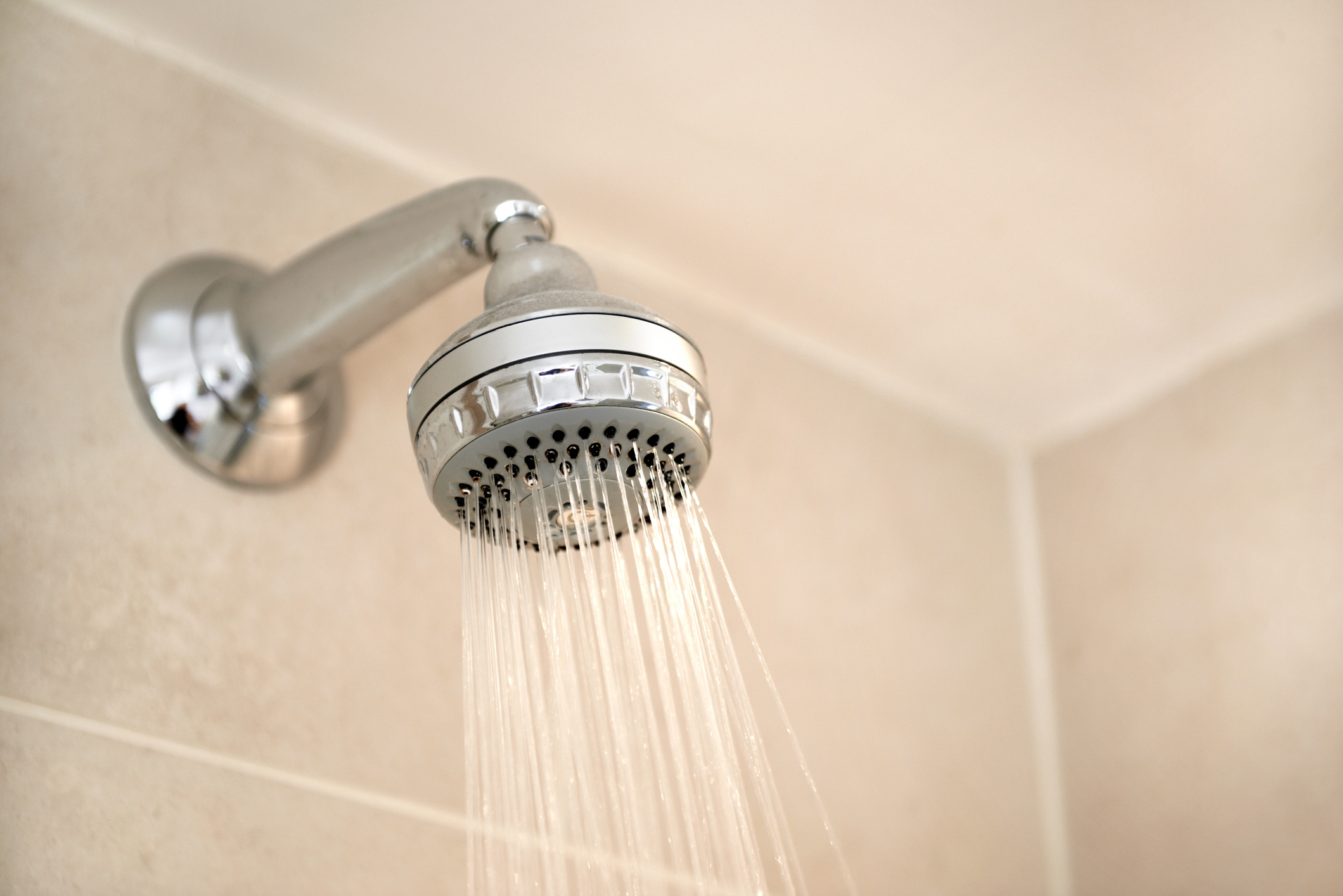How to save on electric bills: 11 ways to lower your energy bill in 2021
Wondering how to save money on electric bills in 2021? Check out these tips from the experts at Bulb and money.co.uk to keep costs down.


Every year as the summer approaches and the days get lighter, people look for ways to save money on their energy bills.
Knowing how to save on electric bills is essential, especially as electricity and gas prices are rising this year. The average household already spends over £1,000 per year on heating and power, and so with this additional price hike, electricity will be one of the biggest outgoings for households in the UK.
However, there are steps you can take to help save money on your bills and some are as simple as making a few swaps and changes to your daily routine.
How to save money on electric bills in 2021
If your electric bills are already totting up in 2021, here’s some advice from Bulb sustainability lead, Shaunagh Duncan, and energy expert at money.co.uk, Ben Gallizzi:
“The cheapest unit of energy is the one you don’t use.” Shaunagh tells GoodtoKnow. “So to save money on your energy bills year round, the best thing you can do is to reduce your energy usage.
“This will also reduce your carbon footprint, so you’ll be doing your bit for the planet, too.”
1. Switch supplier
This is one of the quickest ways to save on electric bills. “And choosing 100 per cent renewable electricity will also reduce your carbon footprint. By changing from a standard tariff to a cheaper tariff with a green supplier, you could potentially save hundreds a year," Shaunagh says.
Parenting advice, hot topics, best buys and family finance tips delivered straight to your inbox.
Switching supplier isn't as complicated as you might think. Visit a price comparison website to find the cheapest deal for your home. Then, when you've picked the cheapest tariff for your needs, contact your desired new supplier. They will handle the whole switch for you - including contacting your current supplier. So it keeps everything straight forward and hassle-free.
2. Use a smart meter
A smart meter will help you stay on top of how much energy you’re using. It also encourages more sustainable energy habits while allowing you to keep a close eye on your energy bills. Contact your current energy supplier to see if they are offering customers the chance to switch to a smart meter for free.
3. Replace your light bulbs
“A very simple way to save energy at home is to replace older incandescent bulbs with either light-emitting diode (LED) or compact fluorescent (CFL) bulbs.” Ben says. “These energy-saving bulbs use a fraction of the energy of a typical incandescent bulb, and they last for far longer too.”

While you will have to pay for the lightbulbs, they’ll start paying for themselves almost immediately. “You’ll have recouped the cost long before they need replacing. The Energy Saving Trust reckons that replacing all incandescent bulbs with LEDs would cost about £100 up front but would save the average household £35 per year on energy bills.”
You can pick up LED lightbulbs in most supermarkets, DIY stores and online, such as Amazon.co.uk.
4. Reduce water usage
Saving on electricity bills doesn’t just come with turning the lights off. “You could save £25 a year just by shutting off the hot tap while you’re doing the dishes.” Shaunagh says, “Also, we know that a bath looks pretty tempting when you’re at home. But if you can resist the call of the tub a couple of times a week and jump in the shower instead, you could save a tenner off your annual energy bill.”
5. Remember to unplug your devices
This may seem obvious but it’s easy to forget, Shaunagh says.
“Unplugging your devices really does make a difference - especially as for many, our homes are serving as our office. Electronic items draw electricity from the socket, even when they’re turned off or on standby. We call this ‘vampire power’.”

6. Insulate your home
While it’s a pricey upfront cost, a well-insulated home reduces unnecessary heat loss as your heating system doesn’t have to work so hard to bring it up to temperature.
“Up to one quarter of household heat escapes through the roof as hot air rises.” Ben explains, “Period properties with attic spaces and vaulted ceilings will need extra attention paid to the roof, while maintaining the home’s ventilation. Homes with cavity walls are also prone to heat loss without insulation, but solid walls can be insulated as well to lock in warmth.”
“Energy Saving Trust figures show that installing cavity wall insulation could save up to £245 per year, while loft insulation saves up to £215. These figures will depend on the type of property you live in. Although insulating your home does require an initial financial outlay, it’s an action that can pay for itself many times over in the long run.”
7. Swap your shower heads
Much like switching lightbulbs, switching to a more energy efficient shower head could help to save money all year round.

“If your shower uses hot water from a tank, cistern or boiler, a water efficient design could save a four-person household up to £70 on gas and £115 on water bills, according to the Energy Saving Trust,” Ben says.
“Modern low-flow shower heads are designed to feel as powerful as a regular shower, and some even filter or purify your water supply.”
8. Stop using the tumble dryer
The tumble dryer is the second-most energy-consuming appliance, after the fridge freezer - so the less you use it, the better for your energy bills. Try to air dry your clothes as often as possible.
9. Upgrade your appliances
Much like a boiler, major household appliances - such as washing machines and dishwashers - are rated for efficiency and can be responsible for a high proportion of your household’s overall energy consumption.

Ben says, “While upgrading these types of appliances can be a big investment, you’ll cut household energy use as a result. Look for models with an Energy Rating of A+++ for peak efficiency. Eco-friendly appliances not only use less electricity to run, but they are also designed to use less water.”
10. Turn down the thermostat
While this isn’t too much of a problem in the warmer months, turning down your thermostat by just one degree in the winter could save a decent £80 per year.
“You can also lower your energy bills by looking at the rooms you use most, and when.” Shaunagh says, “For example, if more people are in the living room during the day while working from home, you can save money by turning down the heat in the bedrooms by a few degrees. And if you’re popping out for your daily lockdown walk or weekly food shop, make full use of the timer so that you’re not heating an empty house.”
11. Help your radiators
Instead of painting radiators black, save on electric bills by adding panels or boosters behind them.
“There’s a variety of options out there, all designed to stop heat loss through the walls, and direct heat back into the room. And they’ll save you money in the long run," Shaunagh says.

How much does it cost to boil a kettle?
The average kettle costs 3.47p to boil each time, according to sus-it.
This is based on a standard 1.7L kettle, operating at between 2200 W to 3000W. A smaller (1L) kettle with a water meter and auto-matic shut-off, working at 110W will take longer to boil but be cheaper to run - by over 1p per boil.
How much does it cost to run a tumble dryer?
To run a tumble dryer, it costs on average 67p per cycle.
Shaunagh says, “If you were to opt for air drying your clothes as opposed to using the tumble dryer during the warmer months (May to August), you could save £36.18 (assuming you use it 3 times a week).”
How much does it cost to use an electric oven?
It costs about 14p per hour to run an electric oven, according to npower.

They say, “Electric cookers use around 0.87 kWh of electricity per hour – if you cook for 2hrs a day 5 times a week, it will cost you around £1.39 to cook a week’s worth of meals for your family. Costs will vary depending on the cooker you have, how often you use it and how energy efficient it is.”
[apester id= "6070621495def1000964a28e"]
How much does it cost to run a hot tub?
Based on average use of about 30 to 45 minutes, three to four times per week, it costs between 75p and £1 per day to run a hot tub.
However this is based on hot tubs that are the most energy efficient, at energy tariffs of about 12-13p per kWh. So before buying a hot tub, as many people have during the last year’s worth of lockdown, check that you’re going for the most energy efficient one - even if the upfront cost is more.

Grace Walsh is a health and wellbeing writer, working across the subjects of family, relationships, and LGBT topics, as well as sleep and mental health. A digital journalist with over six years experience as a writer and editor for UK publications, Grace is currently Health Editor for womanandhome.com and has also worked with Cosmopolitan, Red, The i Paper, GoodtoKnow, and more. After graduating from the University of Warwick, she started her career writing about the complexities of sex and relationships, before combining personal hobbies with professional and writing about fitness.